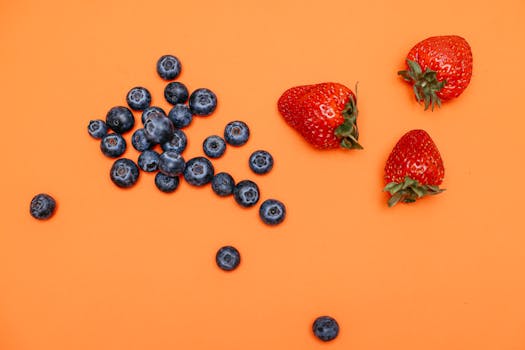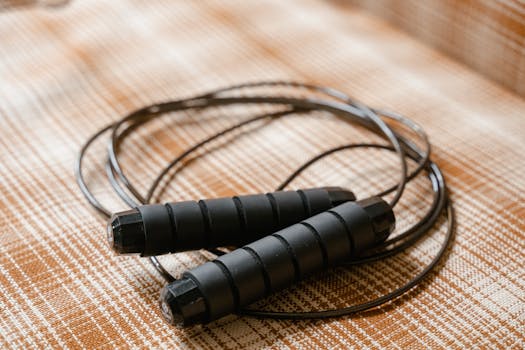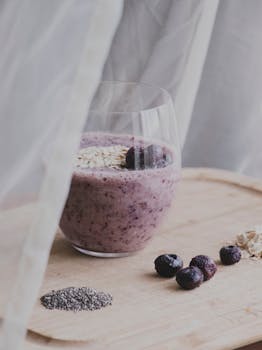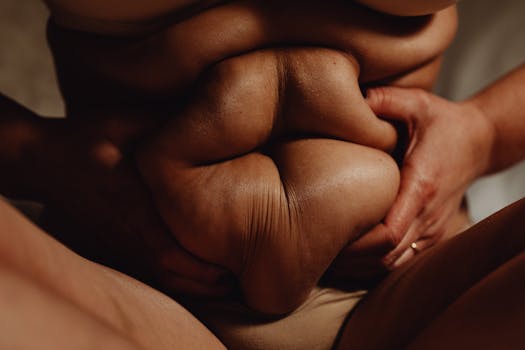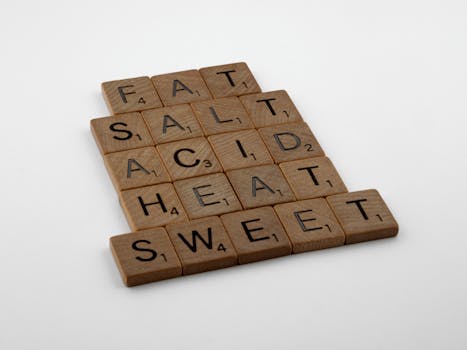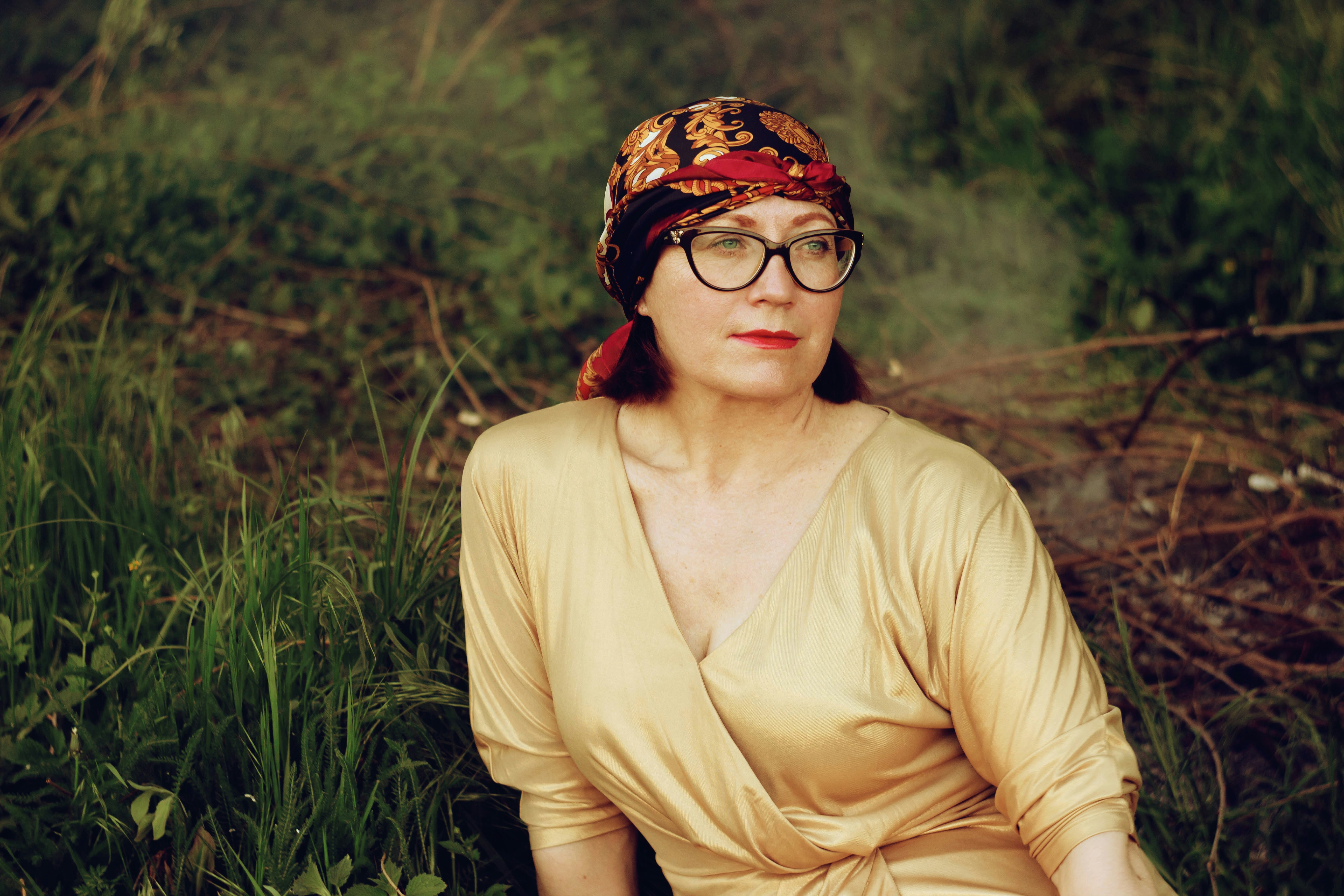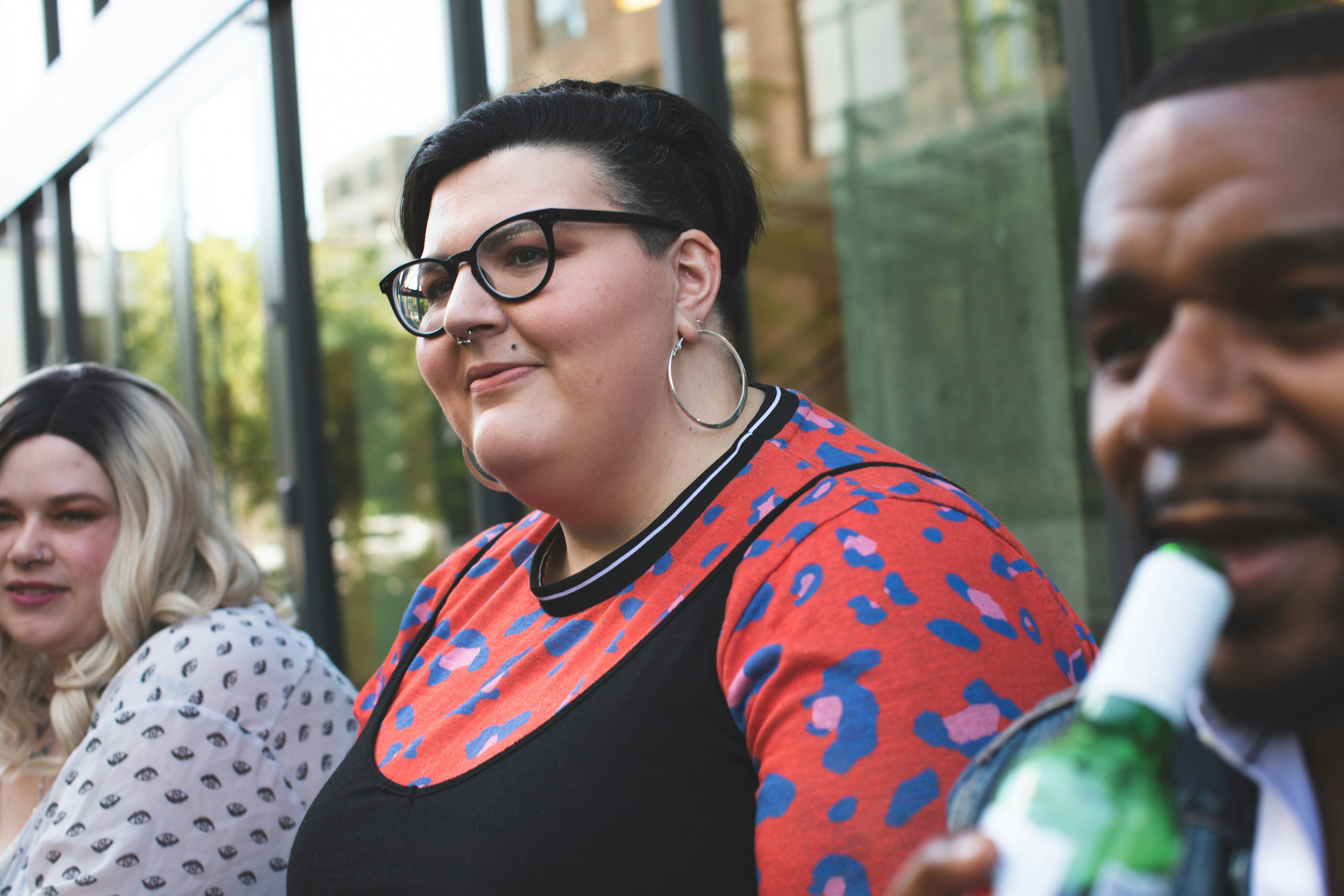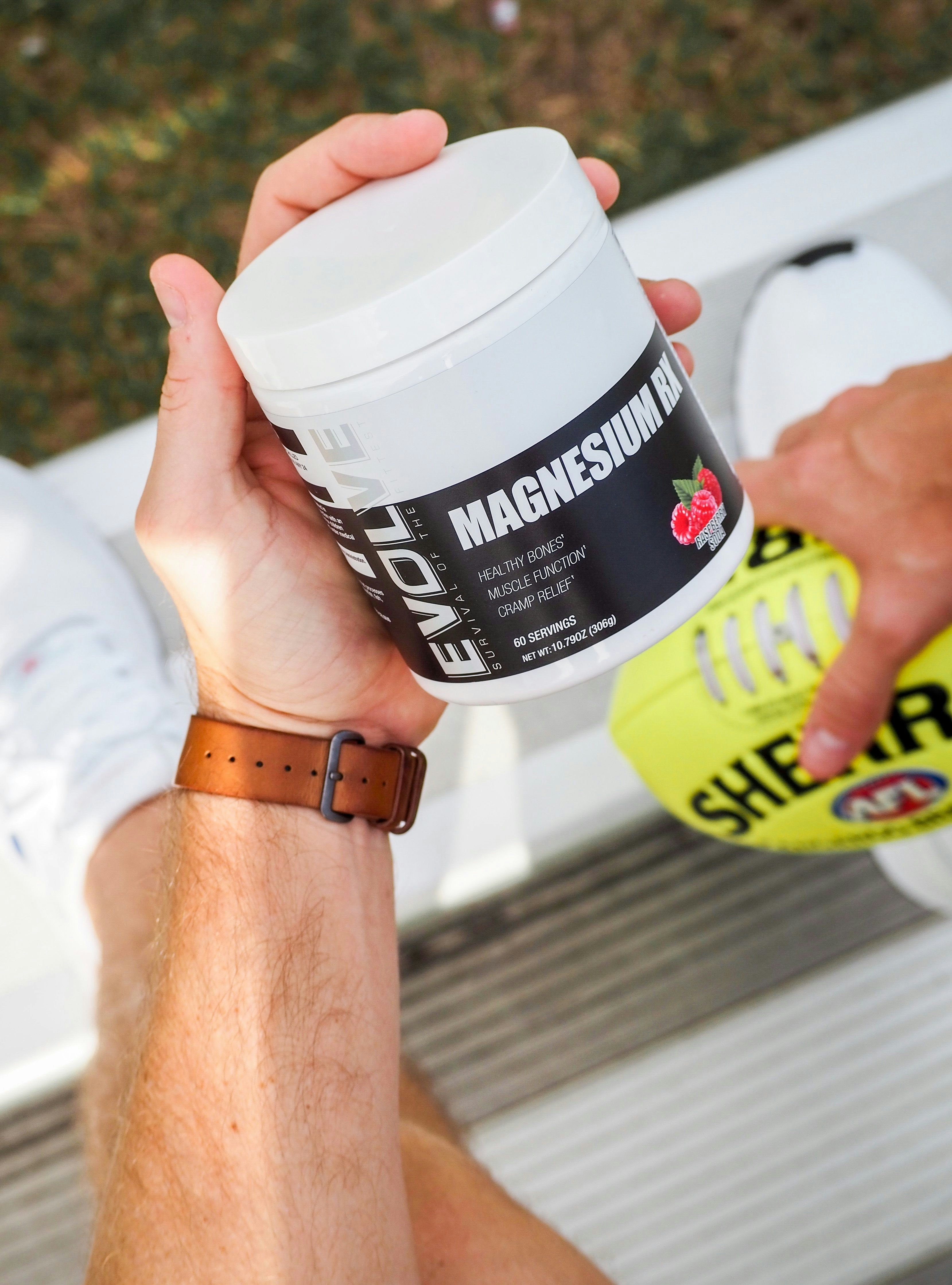Menopause Acne: Causes, Treatment, and Prevention Strategies
Nov 18, 2024
Menopause is a natural phase in a woman's life, typically occurring between the ages of 45 and 55, marked by the cessation of menstruation and a decline in hormone levels. While many women prepare for the physical and emotional changes that accompany menopause, one often-overlooked issue is menopause acne. This skin condition can be frustrating and distressing, leading to a decline in self-esteem and overall well-being.
In this comprehensive guide, we will explore the causes of menopause acne, effective treatments, and preventive measures to help you maintain healthy skin during this transitional period.
Understanding Menopause Acne
Menopause acne, also known as post-menopausal acne, is characterized by breakouts that occur during the menopausal transition. Unlike typical teenage acne, menopause acne often appears in women who have previously enjoyed clear skin. The hormonal fluctuations during menopause can lead to an increase in oil production, clogged pores, and inflammation, resulting in acne.
The Role of Hormones
Hormones play a crucial role in the development of menopause acne. As estrogen levels decline, testosterone levels can become more dominant, leading to an increase in sebum (oil) production. This excess oil can clog pores, creating an environment conducive to acne. Additionally, the decrease in estrogen can lead to skin thinning, making it more susceptible to irritation and breakouts.
Common Symptoms
Menopause acne can manifest in various ways, including:
Cystic acne: Deep, painful bumps beneath the skin's surface.
Papules and pustules: Red, inflamed bumps that may contain pus.
Blackheads and whiteheads: Clogged pores that can lead to further breakouts.
Skin irritation: Increased sensitivity and redness.
Causes of Menopause Acne
Understanding the underlying causes of menopause acne can help in developing effective treatment strategies. Here are some key factors contributing to this condition:
1. Hormonal Changes
As mentioned earlier, hormonal fluctuations during menopause can lead to an increase in oil production and acne. The imbalance between estrogen and testosterone is a primary driver of menopause acne.
2. Stress
The emotional and physical stress associated with menopause can exacerbate acne. Stress triggers the release of cortisol, a hormone that can increase oil production and inflammation.
3. Diet
Diet plays a significant role in skin health. High-glycemic foods, dairy products, and processed sugars can contribute to acne flare-ups. A balanced diet rich in whole foods, fruits, and vegetables can help mitigate these effects.
4. Skincare Products
Using harsh or comedogenic skincare products can worsen acne. It's essential to choose non-comedogenic products that won't clog pores and irritate the skin.
5. Lifestyle Factors
Lack of sleep, smoking, and insufficient hydration can negatively impact skin health and contribute to acne during menopause.
Effective Treatments for Menopause Acne
Managing menopause acne requires a multifaceted approach. Here are some effective treatments to consider:
1. Topical Treatments
Over-the-counter topical treatments containing ingredients like benzoyl peroxide, salicylic acid, and retinoids can help reduce acne. These ingredients work by unclogging pores, reducing inflammation, and promoting skin cell turnover.
2. Hormonal Therapy
Hormone replacement therapy (HRT) may be an option for some women experiencing severe menopause symptoms, including acne. HRT can help restore hormonal balance and reduce acne flare-ups. However, it's essential to consult with a healthcare provider to discuss the risks and benefits.
3. Lifestyle Modifications
Making lifestyle changes can significantly impact skin health. Consider the following:
Balanced Diet: Incorporate anti-inflammatory foods, such as fatty fish, nuts, and leafy greens, while reducing sugar and processed foods.
Hydration: Drink plenty of water to keep skin hydrated and flush out toxins.
Stress Management: Practice stress-reducing techniques such as yoga, meditation, or deep breathing exercises.
Regular Exercise: Engaging in regular physical activity can help reduce stress and improve overall skin health.
4. Professional Treatments
For persistent acne, consider seeking professional treatments such as:
Chemical Peels: These treatments can help exfoliate the skin and reduce the appearance of acne scars.
Laser Therapy: Laser treatments can target acne and reduce inflammation.
Microdermabrasion: This procedure can help exfoliate the skin and improve texture.
Preventive Measures
Preventing menopause acne is often easier than treating it. Here are some tips to help you maintain clear skin during menopause:
1. Choose the Right Skincare Products
Opt for gentle, non-comedogenic skincare products that won't clog pores. Look for products labeled as oil-free and suitable for sensitive skin.
2. Maintain a Consistent Skincare Routine
Establish a daily skincare routine that includes cleansing, moisturizing, and sun protection. Regularly exfoliate to remove dead skin cells and prevent clogged pores.
3. Monitor Your Diet
Be mindful of your dietary choices. Incorporate foods rich in antioxidants, vitamins, and minerals to support skin health. Foods like berries, nuts, and green leafy vegetables can help combat inflammation.
4. Stay Hydrated
Drinking enough water is crucial for maintaining skin elasticity and hydration. Aim for at least eight glasses of water a day.
5. Manage Stress
Implement stress management techniques into your daily routine. Regular exercise, mindfulness practices, and hobbies can help reduce stress levels and improve overall well-being.

Conclusion
Menopause acne can be a challenging aspect of the menopausal transition, but understanding its causes and implementing effective treatments can help manage this condition. By adopting a holistic approach that includes lifestyle modifications, proper skincare, and professional treatments, women can maintain healthy skin during this phase of life.
At Tidalflow, we understand the unique challenges that come with menopause and are here to support you on your journey to better health and wellness. Our AI-powered personal training solutions offer personalized fitness and nutrition plans tailored to your specific needs, helping you achieve your health goals while addressing concerns like menopause acne. Explore our services today and take the first step towards a healthier, more confident you!
Related Questions
How to control menopause pimples?
To control menopause pimples, it's essential to adopt a multi-pronged approach. Start by using non-comedogenic skincare products and establishing a consistent routine that includes cleansing, exfoliating, and moisturizing. Additionally, incorporate a balanced diet rich in anti-inflammatory foods, stay hydrated, and manage stress through exercise and relaxation techniques. For persistent acne, consider seeking professional treatments like chemical peels, laser therapy, or microdermabrasion.
How long does post-menopausal acne last?
The duration of post-menopausal acne can vary from woman to woman. For some, it may be a temporary issue that resolves within a few months or years after menopause. However, for others, it can persist for an extended period, even several years after menopause. The length of time depends on various factors, including hormonal fluctuations, stress levels, and lifestyle habits. Seeking professional guidance and implementing effective treatments can help manage and potentially shorten the duration of post-menopausal acne.
What does menopause acne look like?
Menopause acne can present in various forms, including:
Cystic acne: Deep, painful bumps beneath the skin's surface.
Papules and pustules: Red, inflamed bumps that may contain pus.
Blackheads and whiteheads: Clogged pores that can lead to further breakouts.
Skin irritation: Increased sensitivity and redness.
Menopause acne can occur on the face, neck, chest, and back, and may be accompanied by oily skin and enlarged pores.
Why am I suddenly getting acne in my 50s?
Sudden acne in your 50s is likely due to the hormonal changes associated with menopause. As estrogen levels decline and testosterone becomes more dominant, it can lead to an increase in sebum (oil) production, clogged pores, and inflammation, resulting in acne breakouts. Other factors like stress, diet, and lifestyle habits can also contribute to acne during this stage of life.
You should not have to do it all on your own




